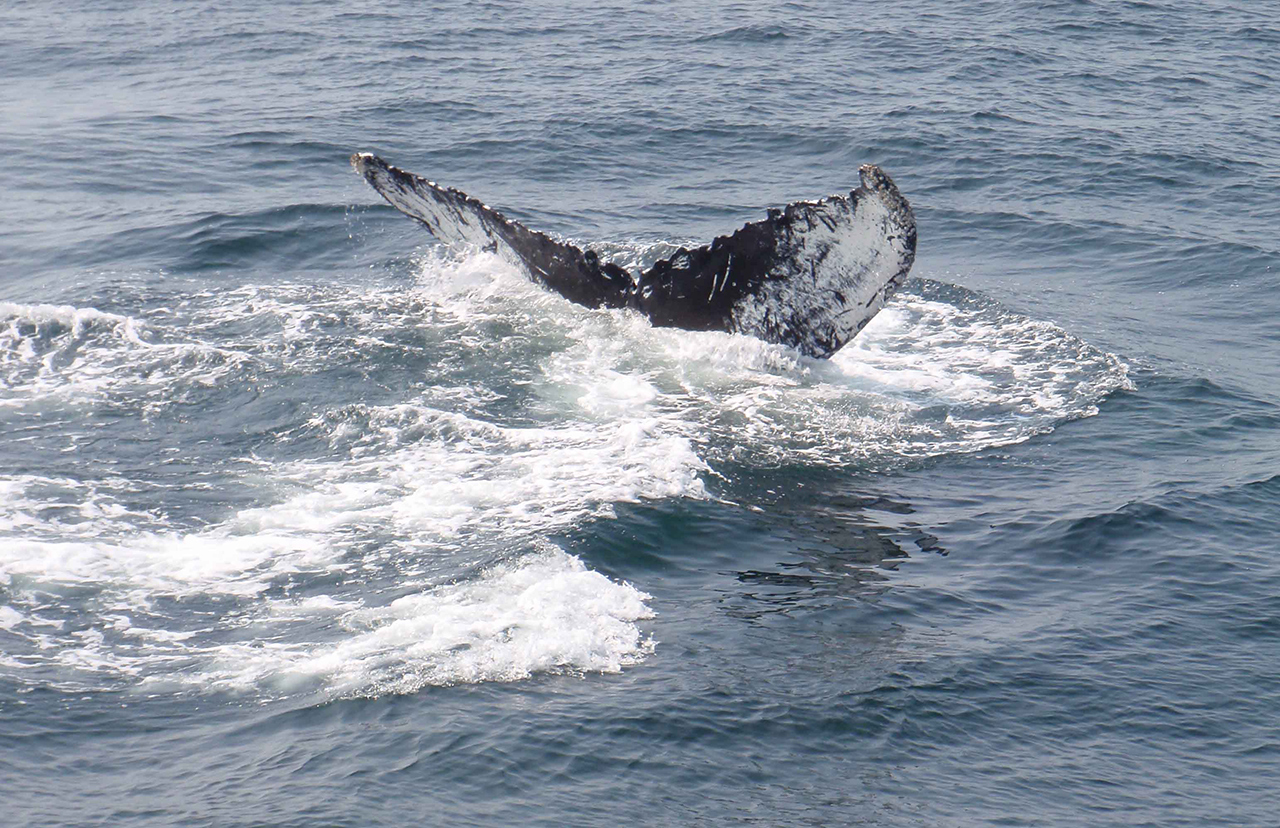This course will provide an introduction to the physiology of animals utilizing a comparative and ecological approach. The course will cover the topics of respiration, circulation, metabolism, osmoregulation, thermoregulation, locomotion, and sensory systems in the context of comparing the mechanisms and strategies utilized by animals from different habitats and phylogenetic groups. Some emphasis will be placed on organisms occupying various marine habitats, but freshwater and terrestrial animals and habitats will also be included. Laboratory investigations will examine the physiological responses of both invertebrates and vertebrates to common environmental stresses such as salt load, temperature variation, oxygen supply, and pH change. These investigations may be accomplished through measurements and observations in the field, as well as through experimental manipulations in a laboratory setting.
PREREQUISITES: One semester of organic chemistry, and zoology, or consent of the instructor.














